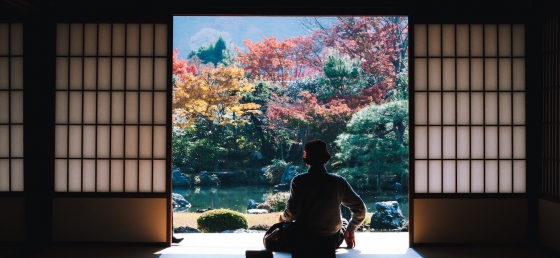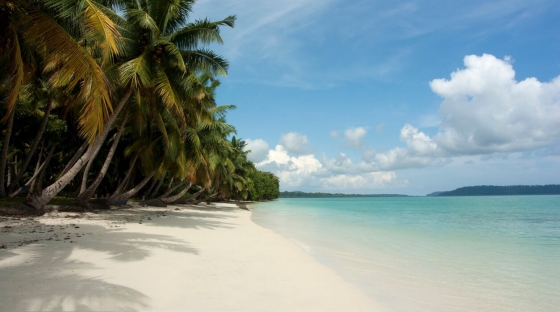Jeju Weather and Climate: A Comprehensive Guide
Jeju has a humid subtropical climate with relatively cool and sometimes quite mild winters. However not every winter is the same. Some winters there will be no days below the freezing point and other years you can experience severe frost. That same unpredictability is reflected throughout almost the entire year.
From May to September you will experience the most rain, with rainfall amounts rising in July and August to 300 mm and sometimes more than 400 mm per month. In this period there is also the possibility that Jeju gets hit by a hurricane. The hurricane season runs from June to December in this region.
Average maximum day and minimum night temperature
In Jeju, temperatures differ significantly between summer and winter months. On average, daytime temperatures range from a comfortable 29°C in August to a chilly 9°C in January.
Nighttime temperatures can drop, with average lows reaching 5°C in January. Check out our detailed temperature page for more information.Temperature ranges by month
Precipitation and rainy days
Jeju experiences significant rainfall throughout the year, averaging 1452 mm of precipitation annually. The seasons in Jeju, bring significant changes in precipitation. The wettest month, June, receives heavy rainfall, with an average of 203 mm of precipitation. This rainfall is distributed across 13 rainy days. In contrast, the driest month, November, experiences much less rainfall, totaling 74 mm over 10 rainy days. These distinct seasonal differences provide diverse experiences throughout the year. For more details, please visit our Jeju Precipitation page.The mean monthly precipitation over the year, including rain, hail and snow
Sunshine over the year
In Jeju, summer days are longer and more sunny, with daily sunshine hours peaking at 7.0 hours in May. As the darker season arrives, the brightness of the sun becomes less. January sees a soft sun for only 2.3 hours per average day. Visit our detailed sunshine hours page for more information.Monthly hours of sunshine
Daily hours of sunshine
Average humidity
The relative humidity is high throughout the year in Jeju.
The city experiences its highest humidity in July, reaching 78%. In January, the humidity drops to its lowest level at 65%. What does this mean? Read our detailed page on humidity levels for further details.
Relative humidity over the year
overcast and chance of rain broken clouds and no rain almost clear and no rainForecast for Jeju
Select a Month of Interest
Check the conditions for any month of the year.
The best time of year to visit Jeju in South Korea
During the months of May, June, September and October you are most likely to experience good weather with pleasant average temperatures that fall between 20°C and 26°C.Other facts from our historical weather data:
Most rainfall (rainy season) is seen in June, July, August and September.
August has an average maximum temperature of 29°C and is the warmest month of the year.
The coldest month is January with an average maximum temperature of 9°C.
June tops the wettest month list with 203 mm of rainfall.
November is the driest month with 74 mm of precipitation.
May is the sunniest month with an average of 211 hours of sunshine.
No idea where to travel to this year? We have a tool that recommends destinations based on your ideal conditions. Find out where to go with our weather planner.




